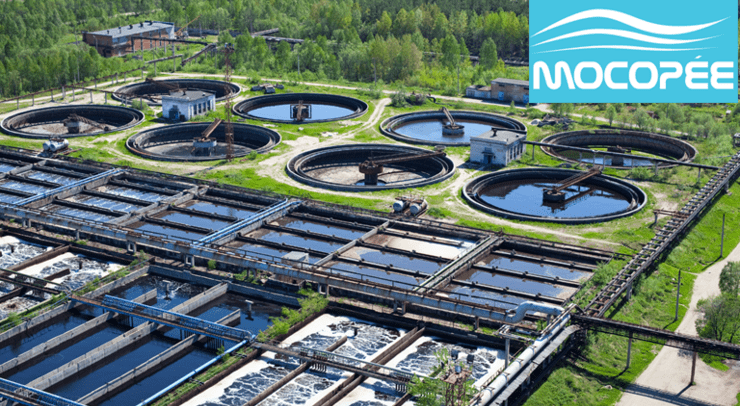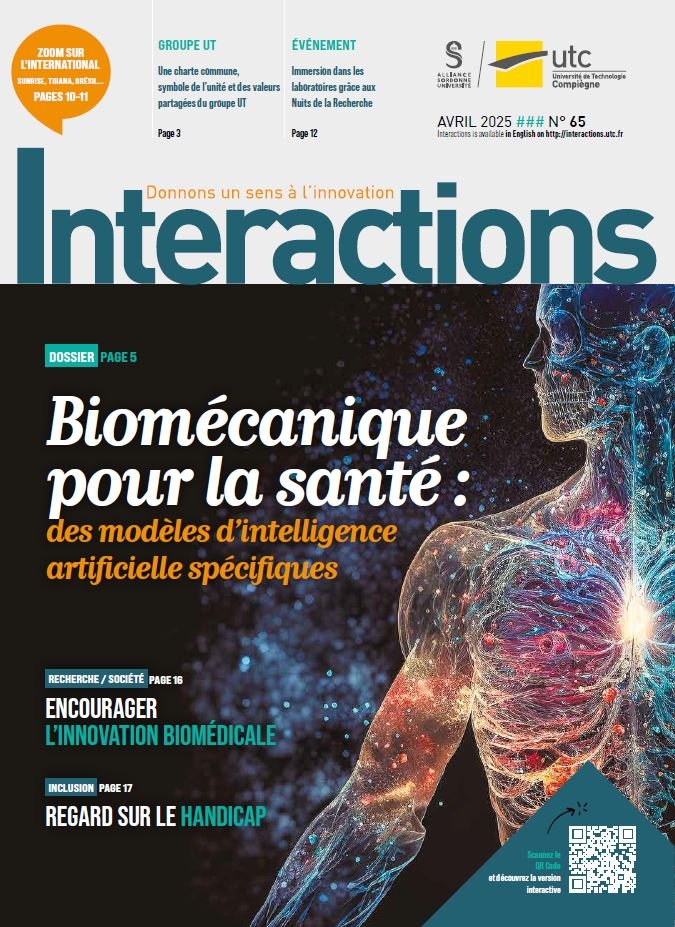Mocopée: a sustainable forum for scientists and industrialists

The first phase of Mocopée — a programme launched in 2014 with over twenty research teams and industrial partners participating — ended in 2017. The second phase, running from 2018–22 is now underway. A conference December 4, 2018 will present summary results for the first four years and will identify the research priorities for coming years.
It was in 2014 that the Mocopée programme- acronym in French for Modelling, Control and Optimisation of Water Purification Processes” — was launched via a group agreement between Siaap, UTC and IRSTEA*. What is the aim? Well, the idea aim to create a work space providing a sustainable forum for exchange among scientist – note that over 20 research teams (from academic establishments and national research centres) have been mobilized, plus operators for water supplies and industrialists involved in urban water processing.
In the course of the first phase, no less than 8 PhD theses launched were completed or are close to completion, to the point that we can clearly claim the experience was successful. On this scale, the Mocopée programme is unique, both in terms of the number of academic and industrial partners and by the objectives, scope and time assigned. The programme has enabled significant progress as to the building of methodology-related tools (no-break metrology and matrix characterization) and in mathematics (signal processing, water treatment modelling and control & command protocols) as needed in order to enhance the level of mastery and optimization of water and sludge treatment specialist work. In addition the programme has brought some operational innovations
To illustrate we can cite the design of a tool to measure water nitrite contents, which resulted from a collaboration between research scientists based at UTC-TIMR and Ecole polytechnique, recalling that nitrite content is set by s French standard [NF EN 26777 May 1993]. “In this research, the colleagues were polyvalent but UTC was assigned more specifically to the question of the sensors and to the algorithms needed whereas Polytechnique focused on control & command,” underlines André Pauss, lecturer-cum research scientist who the prime UTC coordinator for the programme.
Phase II of the Mocopée programme, running from 2018–22, covers four research fields: building of innovative methodology-related tools (no-break metrology and matrix characterization), modelling of water and sludge control treatment protocols, integrity of transportation systems, treatment of waste water and several innovative concepts (upstream research and matter valorisation of matter).
Let us examine the first two research fields above. We know that in pursuance of more stringent relations for treatment of waste waters over the past two decades, the site operators have had to equip the treatment factories with some efficient technology, e.g., physico-chemical layered decantation; bio-filters, membrane bio-reactors, etc. But implementing technologies like these requires a high level of technico-scientific know-how. Questions that relate to metrology and/or to the control & command of the treatment protocols, for instance, today are to be found at the heart of a set of industrial problems. A last point here: in the upstream research and valorisation of matter, a thesis is underway that analyses a dry-phase methanisation process, at UTC in a collaboration with the Institute UniLaSalle in Beauvais and the Siaap, and another thesis looks at water foaming phenomena. So, what are the challenges for the near future? To discover innovative tools to improve water treatments, to valorise matter downstream while sustaining the level of competitiveness of the companies involved.
https://www.astee.org/en/evenement/innover-sur-les-pratiques-de-monitoring-et-d-exploitation/




